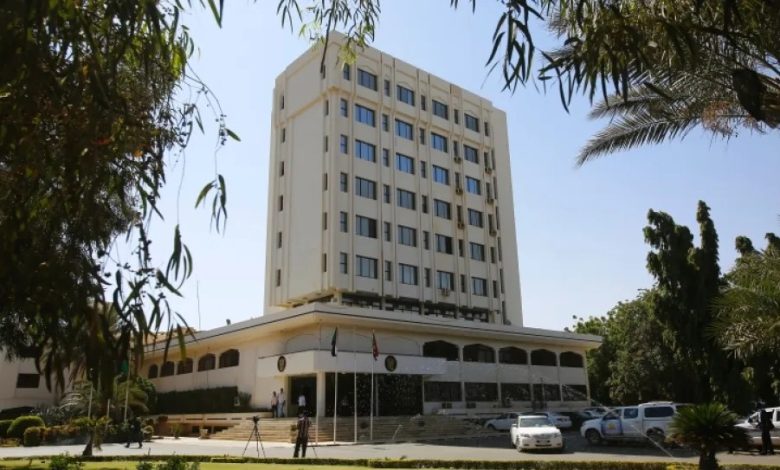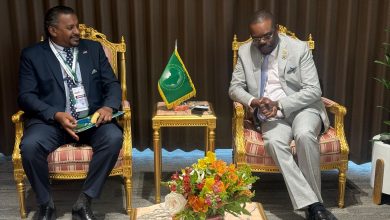
The Sudanese Ministry of Foreign Affairs has condemned what it described as “a blatant assault on Sudan’s sovereignty and a serious threat to regional and international security,” following the participation of the “Libyan Salafist Battalion,” affiliated with Khalifa Haftar’s forces, in an attack launched by the Rapid Support Forces (RSF) on border points inside Sudanese territory, in an attempt to seize the border triangle between Sudan, Egypt, and Libya.
In a statement, the ministry considered Haftar’s direct military involvement alongside the RSF within Sudanese borders as “a dangerous escalation of foreign aggression against Sudan, sponsored by the Abu Dhabi regime,” noting that this development “illustrates the severe threat posed to regional stability and security by the illegitimate ambitions and schemes of the Abu Dhabi regime in the region.”
The statement added that Sudan’s border with Libya has long served as a major corridor for weapons and mercenaries to support the RSF, funded by the UAE and coordinated with Haftar’s forces and affiliated terrorist groups. It pointed out that “the successive defeats suffered by the RSF and its loss of most of its positions have prompted it to directly rely on these forces—an outrageous violation of international law, the UN Charter, and all international norms and treaties.”
The Foreign Ministry accused the UN Security Council and Western powers of complacency regarding these well-documented interventions, which has emboldened “the militia’s sponsor and its regional affiliates to move towards direct participation in the fighting,” according to the statement.
The ministry called on the international community, the United Nations, the African Union, and the Arab League to “condemn this aggression and seriously and decisively address this grave threat to Sudan’s sovereignty and unity, and to take measures necessary to confront and deter the aggressors.”
The ministry reaffirmed that Sudan reserves its full legitimate right to take whatever actions are necessary to defend its sovereignty, borders, security, and the safety of its citizens.



